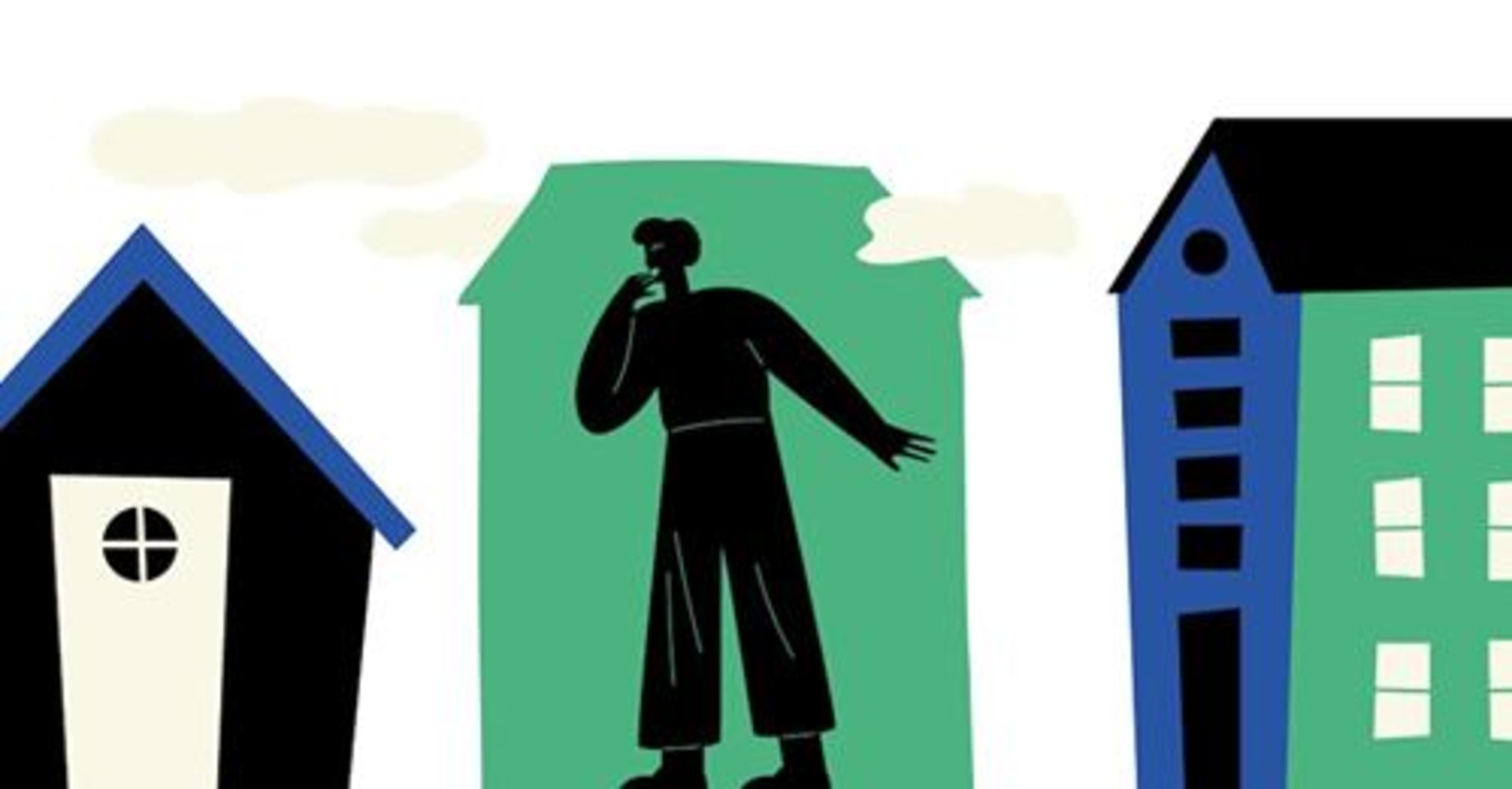Blind bidding isn’t the problem in housing
25 Nov 2021
A stubborn fact of economics is that prices are driven by demand and supply. A ban on blind bidding would do nothing to change those fundamentals
The idea of banning blind bidding is certainly an attempt to address current frustrations with housing (un)affordability. Plus, the proposed ban ties directly to the remorse of home buyers who buy a home with an aggressive bid only to suspect or even learn later that a lower bid would have been accepted.
The first thing that economics tells us about bidding is that different rules result in different bids. If you bought a home with a $1.1 million bid and the next highest bid was $1 million, it’s simply wrong to believe that a ban on blind bidding would have saved you $100,000. Wouldn’t such a ban have given all losing bidders, not just you, an opportunity to increase their bids once they learned they were about to lose their dream home? Couldn’t that mean prices might go up even more with a ban on blind bidding?
Recognizing that bids change with bidding rules led to the first really important result in bidding theory: the famous revenue equivalence theorem , a contribution that was one reason Canadian-born William Vickrey won the 1996 Nobel Prize in economics . One of the first results students of bidding theory learn, the theorem says that bidding rules neither raise nor lower prices paid on average. Sellers can’t use bidding rules to change the fact that price will adjust to equate demand and supply. That baseline economic result certainly provides no basis for claims that banning blind bidding would put a brake on rising home prices.
But because revenue equivalence is a theory, it requires assumptions. Are those assumptions realistic in a setting where homes are bought and sold? If not, would more realistic assumptions give us reasons for optimism? The short answer is no.
Revenue equivalence requires that the value one buyer attaches to an item up for sale is not affected by how much other buyers value that item. That’s not realistic when real estate is being sold: houses can be resold and can also harbour hidden defects. So, if I learn how competing home buyers value the house I’m bidding on, I am reassured that I’m not overestimating the home’s value. A more recent economics Nobel Prize was awarded to Stanford University economist Paul Milgrom for studying what happens to bidding in these circumstances. Bidding rules do matter, but a ban on blind bidding, by making bids visible, leads to higher prices. That is the exact opposite of the Liberals’ claim.
To be clear, not all departures from revenue equivalence contradict the Liberals’ claims. In fact, changing other assumptions can lead to the conclusion that a ban on blind bidding would decrease prices. The point is that the overall effect of a ban is unclear: it depends on the strength of opposing forces that are hard or impossible to estimate. Ultimately, we still have no good theoretical basis to expect that a ban on blind bidding would help achieve housing affordability.
So, taking the bold (but unwise) step of setting theory aside, is there empirical support that a ban on blind bidding would lower home prices? We’ve had no actual experience with such bans in Canada so we can’t look at how Canadian home prices changed after a ban was put in place. But some countries do run their real estate sectors without blind bidding. The University of Ottawa’s Smart Prosperity Institute recently looked at that evidence and concluded that it was, at best, mixed: among countries that don’t use blind bidding, some have seen home prices rise faster than in Canada while others have seen them rise more slowly. That route provides no basis for the Liberals’ claim either.
A stubborn fact of economics is that prices are driven by demand and supply. A ban on blind bidding would do nothing to change those fundamentals. We should not be blind to that fact.
